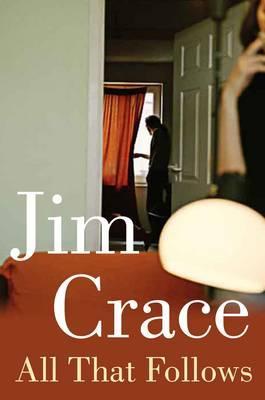What do you think?
Rate this book


276 pages, Paperback
First published January 1, 2010
...a man breathes into a saxophone,
And through the walls we hear the city moan
[...]
Outside it's America...
—U2, "Bullet the Blue Sky"
There is static on the set. The radio will only cough and clear its throat. He chooses another level of preselects, but these are no less bronchial. A couple more. With no success. And Retune failed to find any traction in the traffic of signals. The scanner shuffles through every single station and all the frequencies, chasing any signal strong enough to hold good. The numbers pelt across the screen; the stations briefly name themselves with their IDs, too fast to read, but nothing takes purchase. Then the names and numbers roll round again and again with little to delay them, not a note of music, not a human sound, not a word of news, just the woof and tweet of distant frequencies that sound like animals in an undergrowth. -page 65-66
It’s always a comfort to lift his instrument free from its nesting case, to check and finger its glinting, complex engineering, the key stacks mounted on their axle rods, the pillars, needle springs, hinges, and leverages, the tooling and the soldering, which against all seeming logic unite and conspire to make this “singing tube” the most harmonic of the reeds, and the one most like a human voice, capable of everything from murmuring to oratory. -page 112